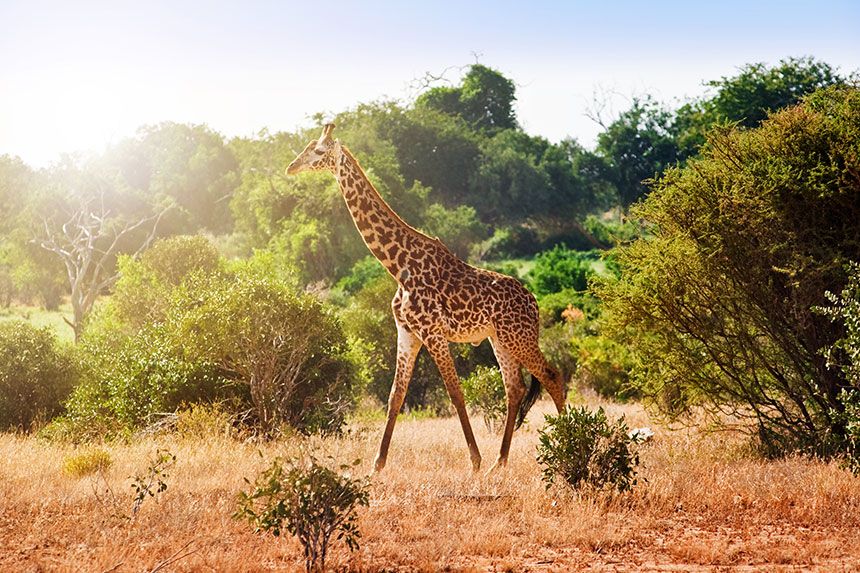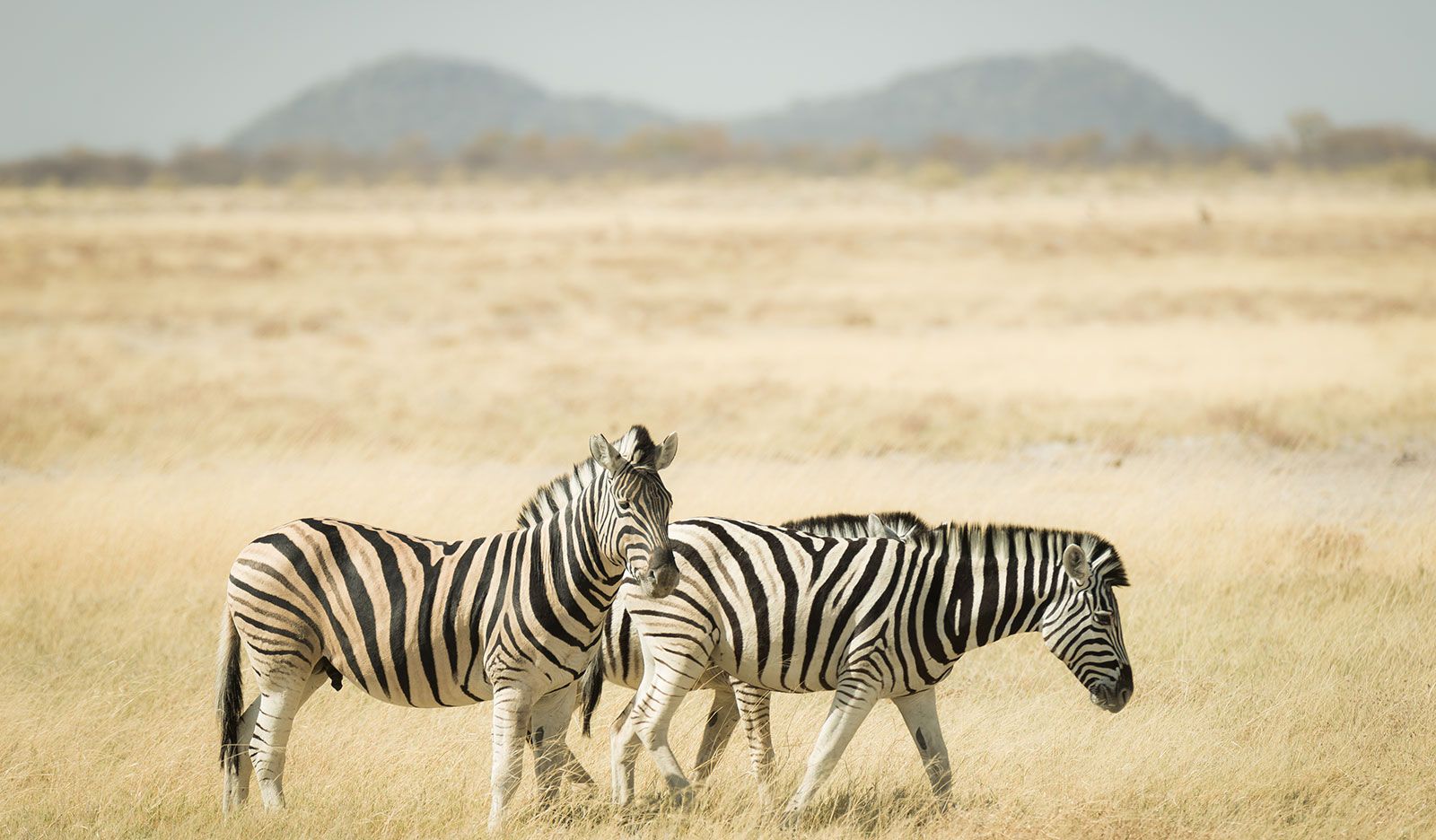Botswana with its unique country’s natural resources provides a significant advantage in the tourism sector. Tourism plays a significant role in the national economy and exhibits enormous potential for future growth. Tourism in Botswana is the second-largest income in the country. According to official estimates, Botswana received 1.6 million visitors in 2015 and generated about 1 billion U.S. dollars in monetary gains.
Botswana, a landlocked country in Southern Africa, has a landscape defined by the Kalahari Desert and the Okavango Delta, which becomes a lush animal habitat during the seasonal floods.
In 1990 Botswana implemented a Tourism Policy aiming to increase tourist numbers, government revenue, and employment opportunities. The tourism industry also helped to diversify Botswana’s economy from traditional sources such as diamonds and beef and created more than 150 000 jobs in this sector.
The Botswana Tourism Organization (BTO) is responsible for all operational functions of the tourism sector such as marketing, investment promotion, and the grading of tourism facilities to international standards.
“The government has made a deliberate decision to boost eco-tourism because we are not sure natural resources will last unless we make a point to protect them,” tourism minister Tshekedi Khama said.
Botswana relies on natural resources for both general livelihoods and tourism.
Due to a lack of resources and skills in local communities, the country has often to depend on the assistance of international partners to achieve their dual goals of increasing economic prosperity and preserving natural resources.
Environmental management
Botswana has experimented with various methods of preserving natural resources including community-based natural resource management (CBNRM), which is based on assumption that local people have more incentive and are more committed to the sustainable use of natural resources where they live compared to the more removed government.
To be effective these areas must work closely with the local communities. In other areas park authorities and people living adjacent to protected areas have come into conflict. This often occurred when local people were suddenly denied ancient hunting, fishing or grazing rights, access to ancestral burial sites, or when tourist revenue was accumulated by foreign companies with nothing finding its way back to the local communities.
Botswana seeks to broaden the tourism base by adding more product components and increasing the geographic spread of tourism.

Knowing that you’re contributing to conservation and communities, you can easily choose one of Botswana’s responsible travel companies for your safari and you can enjoy your trip. Some safari companies in this space include and Beyond, Desert & Delta Safaris, Great Plains Conservation, Natural Selection, and Wilderness Safaris.
United Nations World Tourism Organization (UNWTO) Secretary-General Taleb Rifai said sustainable tourism has proven not only to boost economic development, create jobs but also to promote the inclusion of communities.
Some of the most popular areas for a safari trip in Botswana include Okavango Delta, formed by a river of the same name, traveling across 22,000 square kilometers of the surface without ever reaching the sea. The water of the Okavango River eventually evaporates in the sand of the unexplored Kalahari Dessert, inhabited by the Bushmen, one of the oldest tribes in the world.
Also in the Kalahari Dessert you can find the Chobe National Park, where is the home to the largest elephant population on the continent, or the impressive biodiversity that populates the entire country, including wild mammals such a lion, elephant, leopard, rhinoceros and buffalo.
Sustainable tourism is a worldwide theme but for the Okavango delta, the uniqueness is in the landscape, the people and the conservation policies of Botswana.
The Okavango Delta region is both a popular tourist destination and a world heritage site as well as one of the largest inland deltas in the world.
While the vast majority of attractions are based on the country’s natural resources, the tourism industry itself makes the very resources it has commodified vulnerable to damage. Large groups of people in tourist groups can disrupt wildlife and lead them to migrate to other habitats that may be unsustainable.
Botswana offers the traveler a choice of accommodation options from top-class tourist hotels, luxury lodges, and safari camps, to budget guesthouses and camping grounds. The major tourist areas have a choice of private lodges, safari camps, and public camping sites.
This country is almost the same size as of France has only 2.2 million population, gained its independence 50 years ago. Besides its ecosystems and a democracy, another valuable resource for the country is diamonds: diamond mines that were exploited by the De Beers Company, but managed by the government of the first and revered President Seretse Khama. Botswana steadily grew at an average rate of 9%-10% of its GDP, and from one of the poorest countries now is becoming an average economy country.
“Diamonds don’t last forever, but sustainable tourism and development do,” says Tshekedi Khama, Minister of Environment, Wildlife and Tourism.
The Botswana government’s National Conservation Strategy and Tourism Policy was created to promote tourism while protecting wildlife areas. Citizens of the United States, South Africa, British Commonwealth countries, and most Western European countries do not need visas for stays of less than 91 days.
Attracting more tourists and being an example of sustainable travel destination is slowly becoming the new economic engine for undeveloped countries.
If you want to explore and learn more about other countries in Africa, check out our section here.
*This article may contain affiliate links. We receive a small percentage of sales made through them at no extra cost to the reader. For more information see our privacy page.










